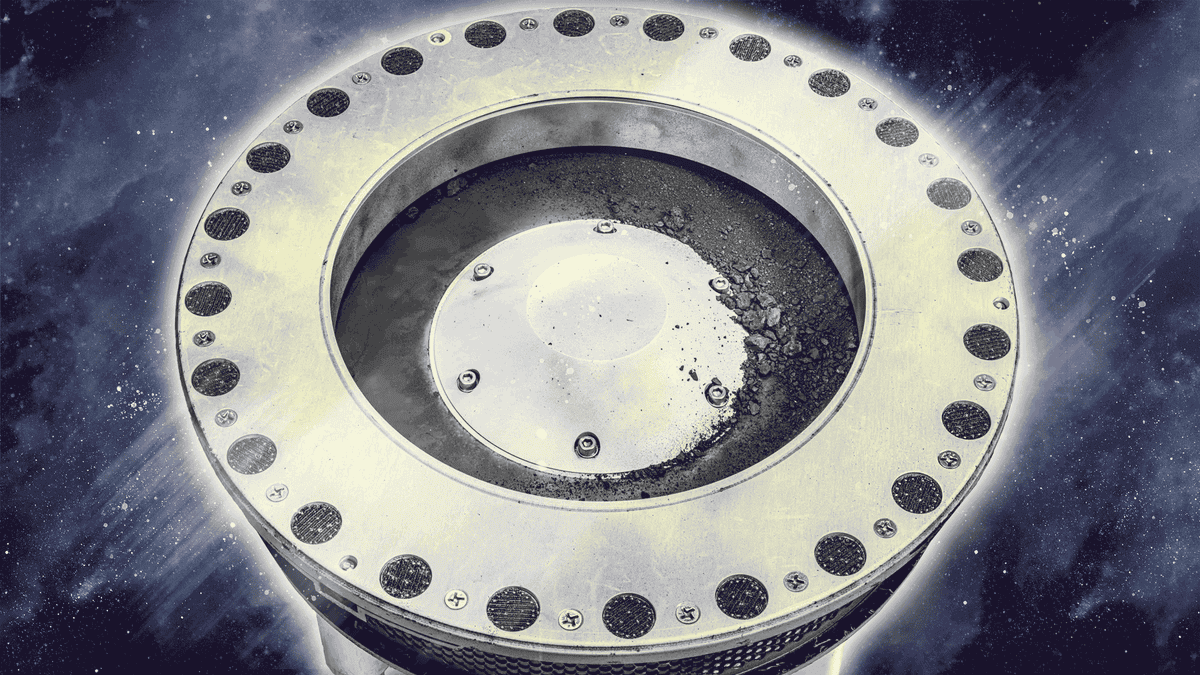We’ve all faced the frustration of trying to open a stubborn jar, only to find our wrist strength lacking. Well, NASA is experiencing a similar dilemma with the OSIRIS-REx asteroid samples. After successfully retrieving bits of space rock from the asteroid Bennu and bringing them back to Earth, NASA’s scientists are now struggling to open the sample canister. The canister contains valuable samples that could provide insight into the origins of the solar system and the beginnings of life.
The samples taken so far have already revealed exciting scientific discoveries. During a press conference, OSIRIS-REx sample analyst Daniel Glavin described the asteroid bits as “an astrobiologist’s dream.” Scientists have identified carbon and water molecules, which could hold significant clues about the delivery of water and organic materials to Earth.
To fully analyze the ancient asteroid material, astrobiologists are eager to learn more about its composition. Jean-Pierre de Vera, an astrobiologist at the German Aerospace Center, hopes the samples will help answer questions about the amount of organics in these rocks and whether they could have served as building blocks for life.
When meteorites land on Earth, they often become contaminated by our planet’s organic material. However, thanks to the careful efforts of the OSIRIS-REx team, scientists finally have access to asteroid samples untainted by Earth’s atmosphere and surface. Sawsan Wehbi, an astrobiologist at the University of Arizona, aims to compare the amino acids found on Bennu with those present in Earth’s early life. She hopes to determine whether early life used the organic building blocks delivered from outer space.
By studying Bennu, scientists believe they can gain insights into the earliest stages of solar system formation. This primitive asteroid, dating back to the early solar system, offers a glimpse into the chemical composition and evolution of planetary bodies. Michael Wong, an astrobiologist at Carnegie Science, emphasizes the importance of understanding the chemical complexification that occurred during Bennu’s evolution.
Ultimately, the goal is not just to identify the ingredients for life but to understand the processes that lead to its emergence. Astrobiologists believe that life can arise from different combinations of building blocks. The analysis of Bennu’s samples may offer valuable insights into the processes that enable life to flourish.
For those interested in the origins of life, the Bennu asteroid samples are now on display at the Smithsonian’s National Museum of Natural History in Washington, D.C. While analysis of the rocks will take time, the opportunity to ponder the mysteries of life is available to the public.


